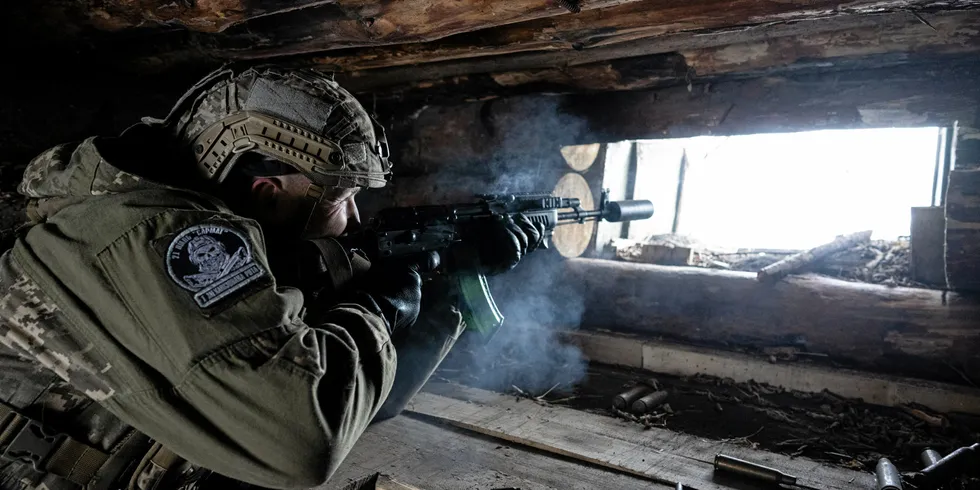War in Ukraine | Russia attacks nation looking to renewables and EU grid for energy freedom
In bitter irony, Putin's troops move in on day Ukrainian power network was due to start 'isolation mode' tests from Russian system

In bitter irony, Putin's troops move in on day Ukrainian power network was due to start 'isolation mode' tests from Russian system
